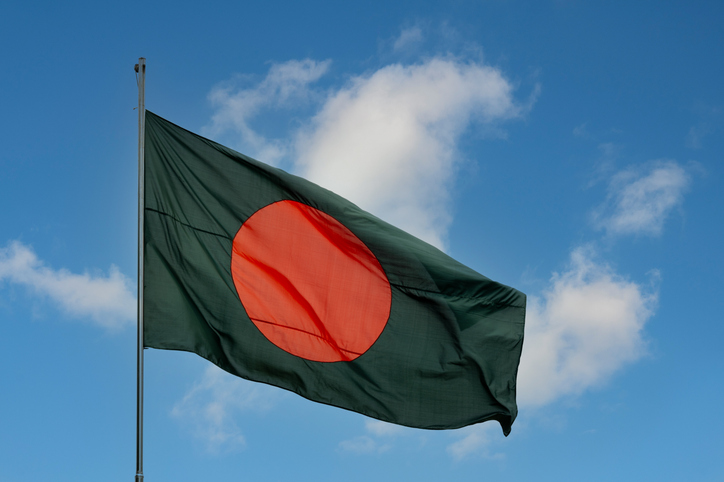Thousands of protesters gathered in Dhaka on Tuesday to demand justice for victims of the July uprising against former Prime Minister Sheikh Hasina’s government. Organized under the banner of “Students Against Discrimination,” the protest saw a massive turnout at the Central Shaheed Minar, where participants observed a minute of silence to honor those who lost their lives during the violent clashes, the Dhaka Tribune reported.
The event, termed the “March for Unity,” began at 4:00 p.m. and was supported by the Jatiya Nagorik Committee. Both groups have announced further demonstrations if the government fails to issue a formal Proclamation of the July Uprising by January 15.
“We still do not have an official proclamation acknowledging the July mass uprising. It must be issued by January 15. That day, we will reunite here with the proclamation in hand,” said Hasnat Abdullah, convener of Students Against Discrimination. He vowed to continue the fight against what he called “fascism” under the Awami League, accusing the government of conspiring against their movement through the Secretariat, police, and judiciary.
Nasiruddin Patwary, convener of the Jatiya Nagorik Committee, echoed Abdullah’s sentiments. “We envision a new Bangladesh that rejects intimidation, corruption, and extortion. The Awami League and Sheikh Hasina must be held accountable,” he stated, as quoted by The Daily Star.
Protesters also demanded that the next election pave the way for a constituent assembly to draft a new constitution. Akhtar Hossain, member secretary of the Jatiya Nagorik Committee, emphasized this point, while Arif Sohel of Students Against Discrimination reiterated that the proclamation must uphold the rights of farmers, laborers, and basic human necessities such as food, education, and healthcare.
The July uprising, which began as a student-led movement demanding reforms in the government’s controversial job quota system, escalated into weeks of protests and violent clashes. Over 600 people were reportedly killed, and Sheikh Hasina, 76, was forced to flee to India. An interim government led by Nobel Laureate Muhammad Yunus has since taken over.
The unrest gained momentum after tens of thousands of students took to the streets, challenging the reservation of 30% of government jobs for relatives of veterans from the 1971 war of independence. The Hasina-led government responded by suspending mobile internet services on July 17 and imposing a curfew.
Despite initially peaceful demonstrations, violence erupted when police and pro-government student groups attacked protesters. According to Bangladesh’s Home Minister Asaduzzaman Khan, at least 147 people were killed in the clashes. However, Students Against Discrimination claimed the death toll exceeded 266.
(Inputs from ANI)




















